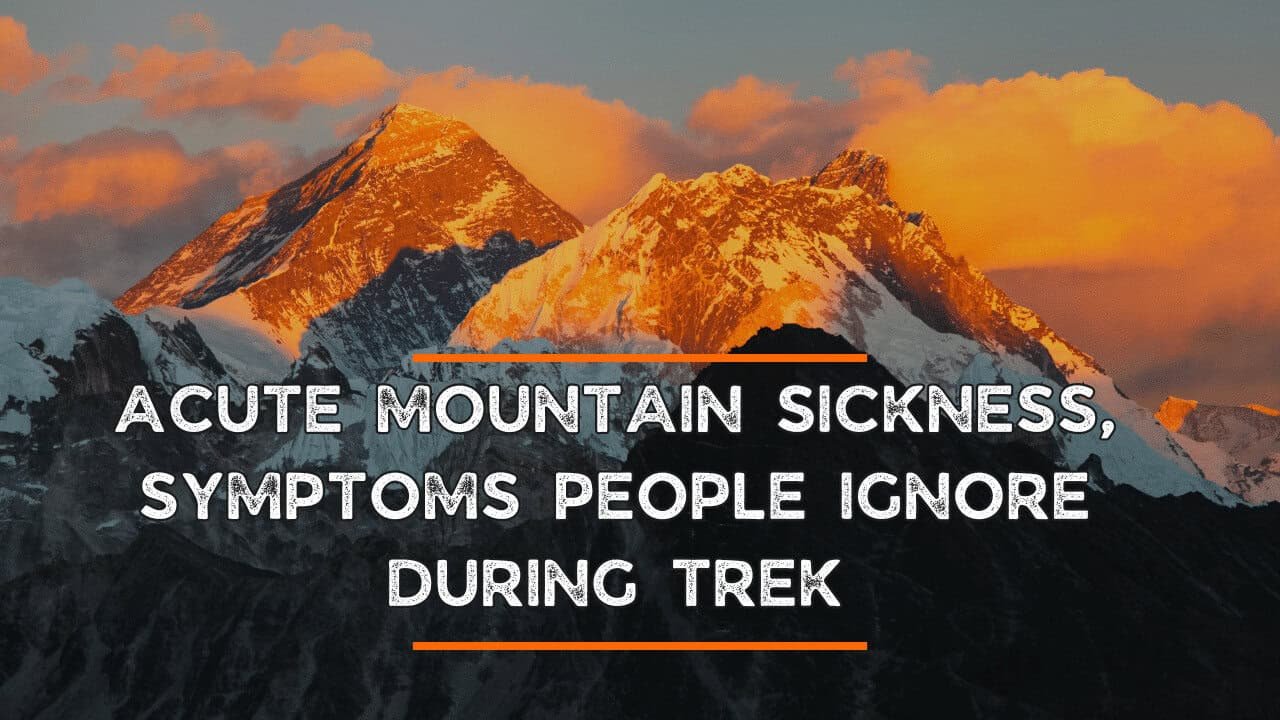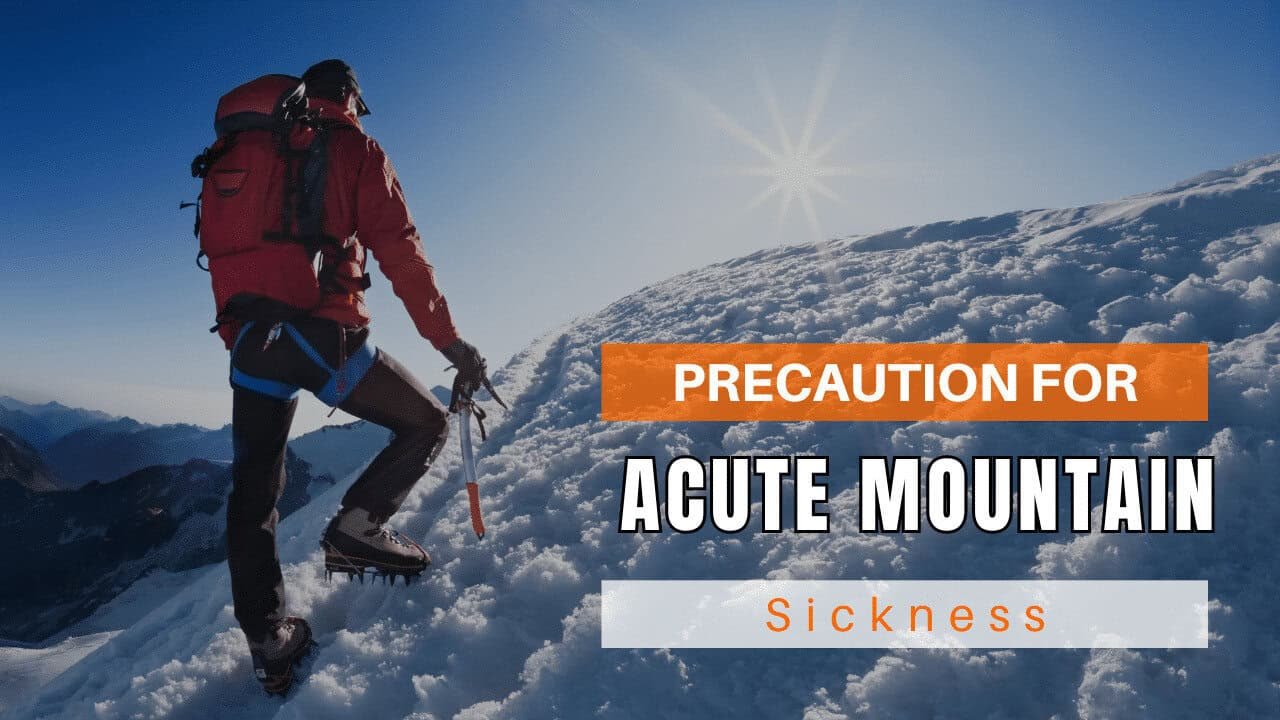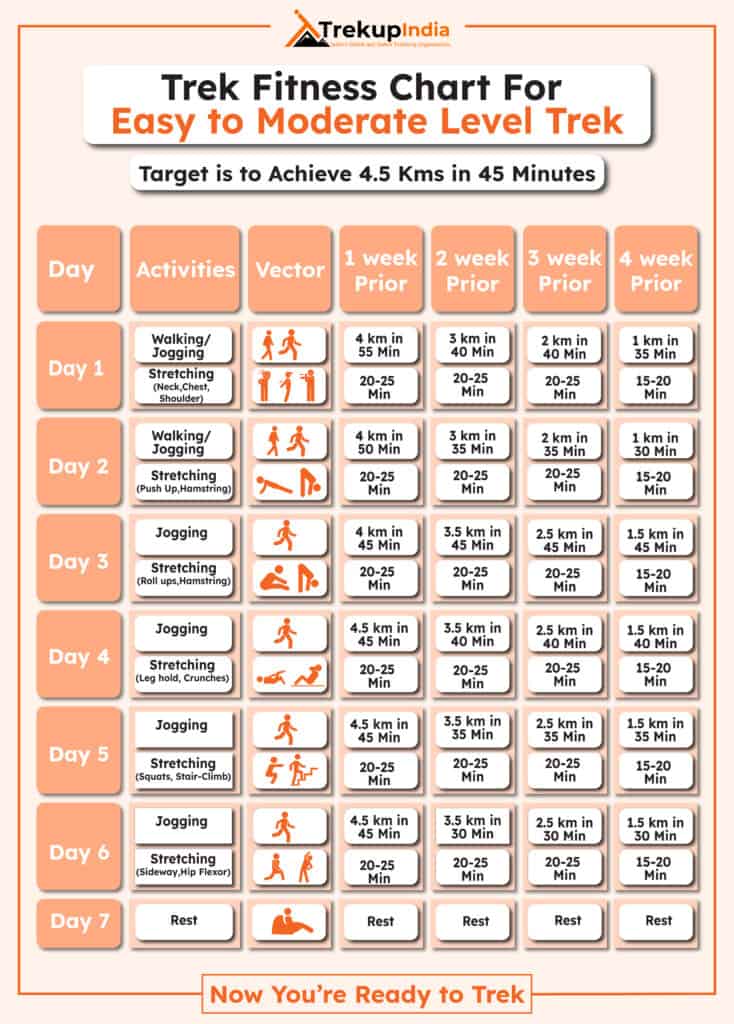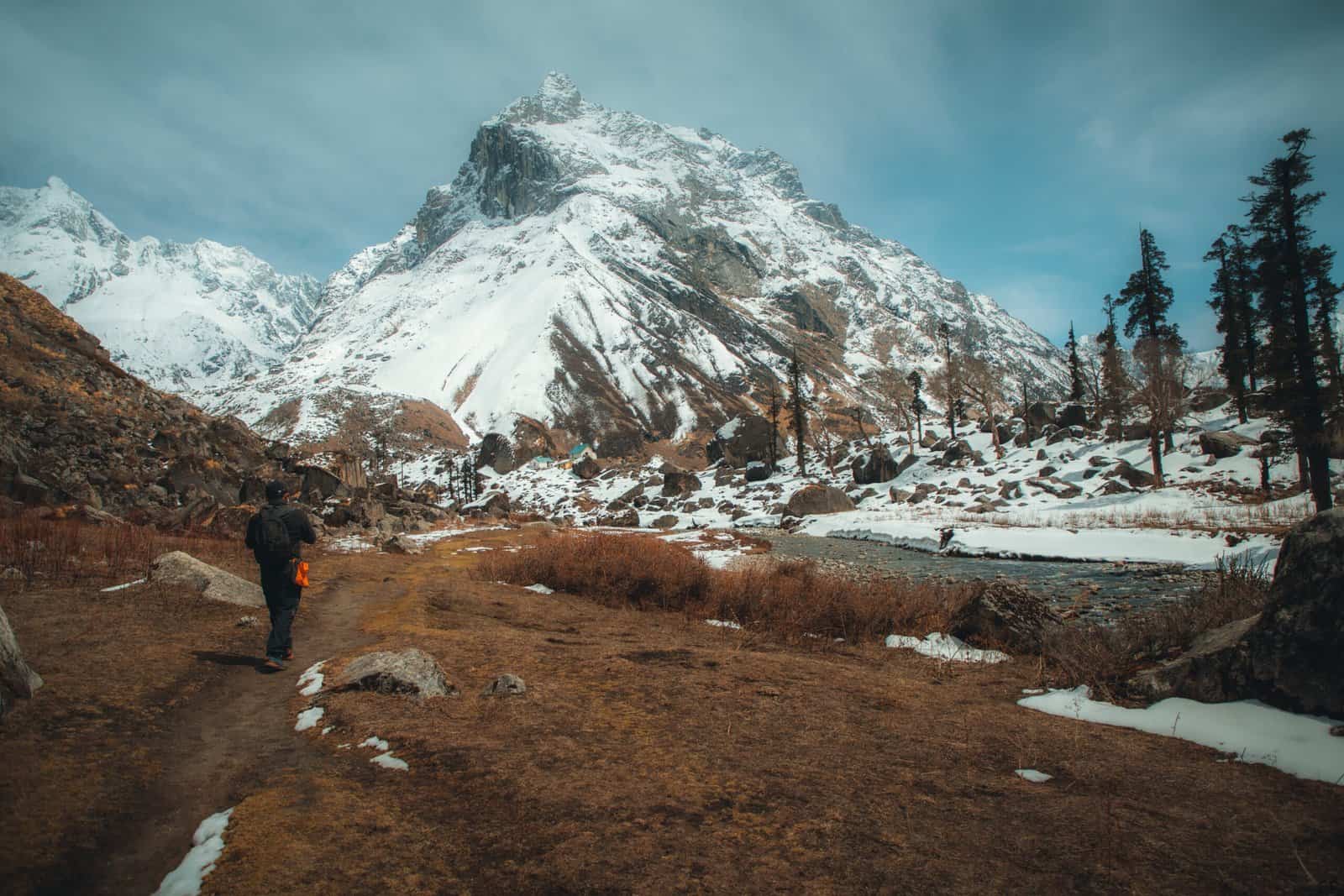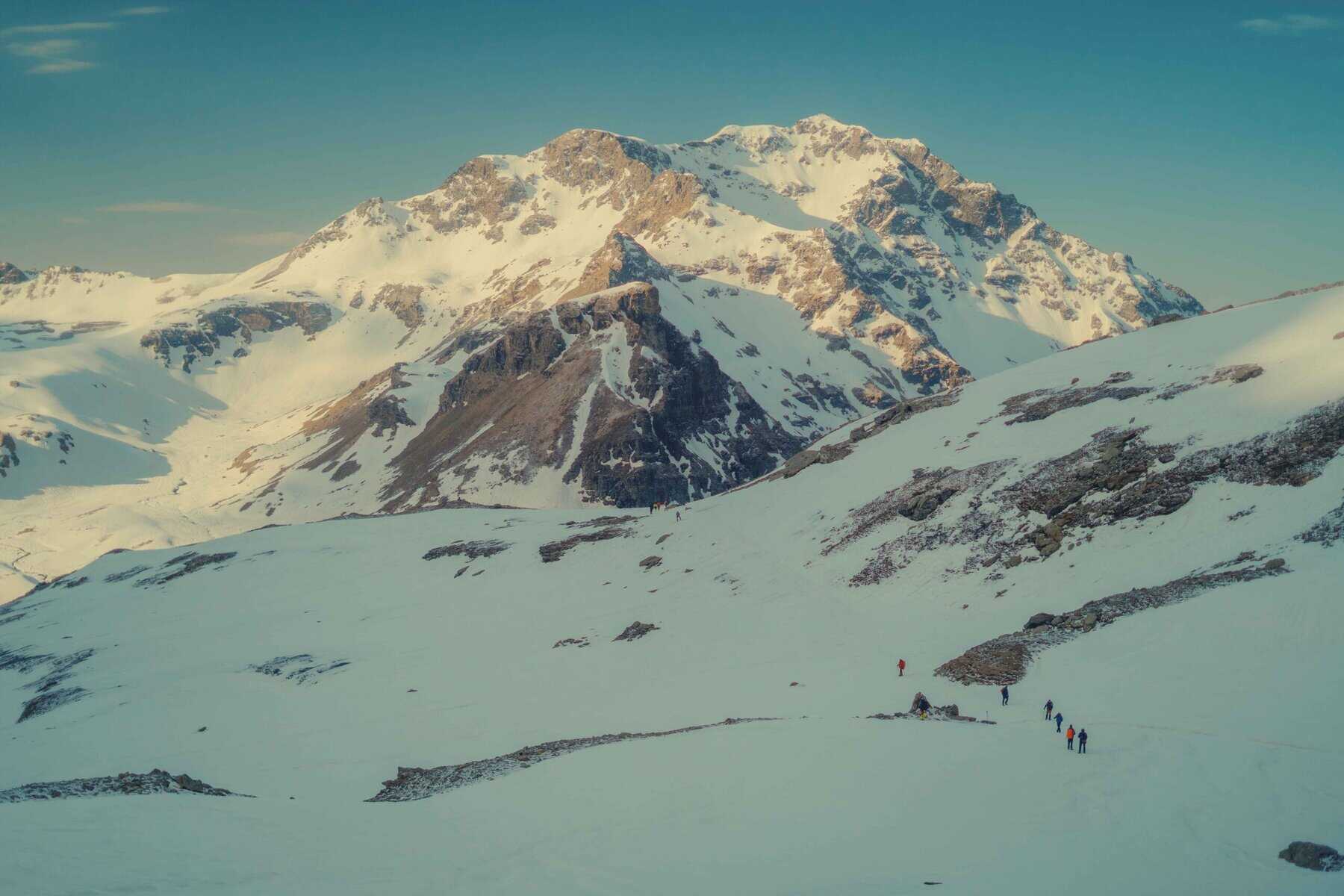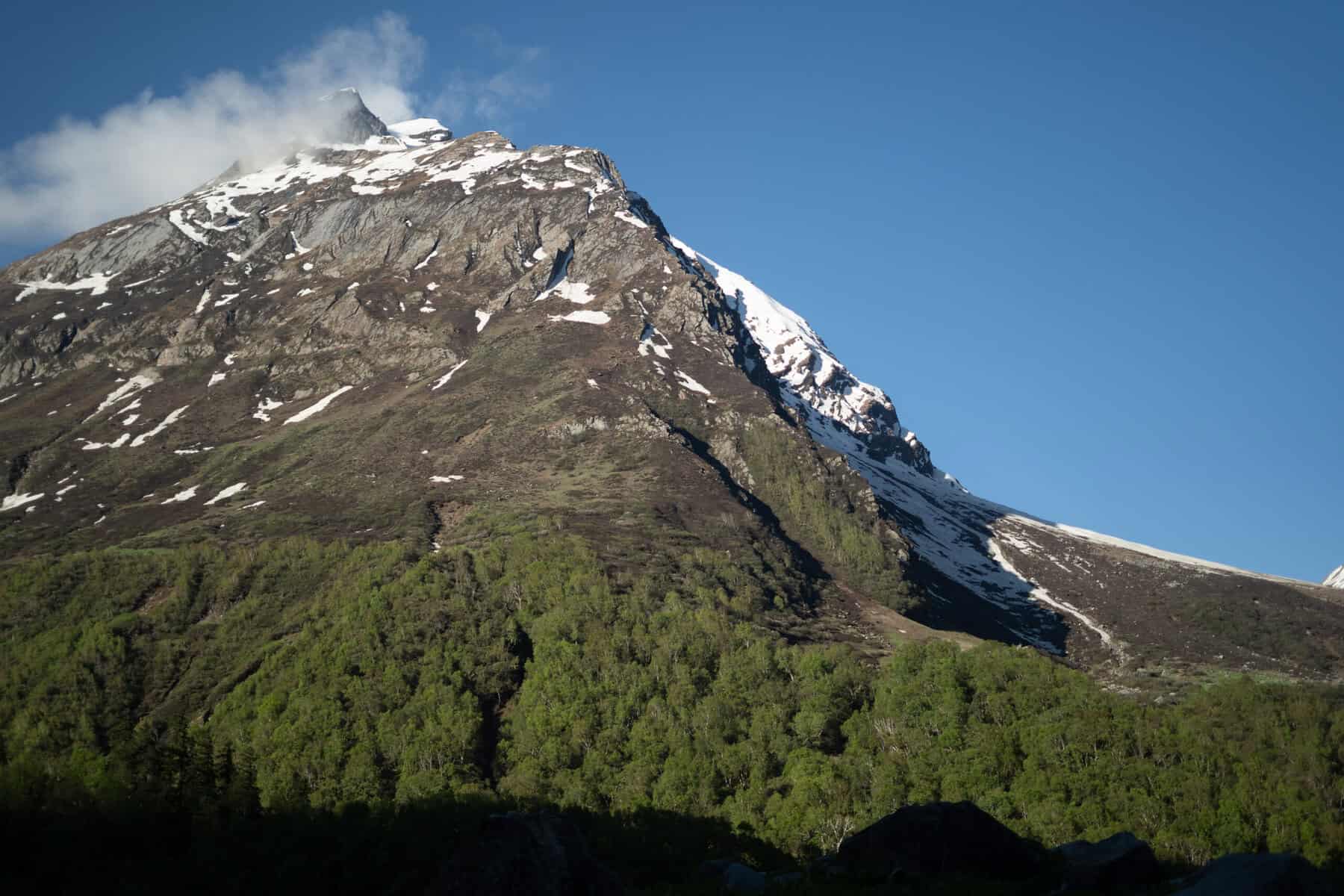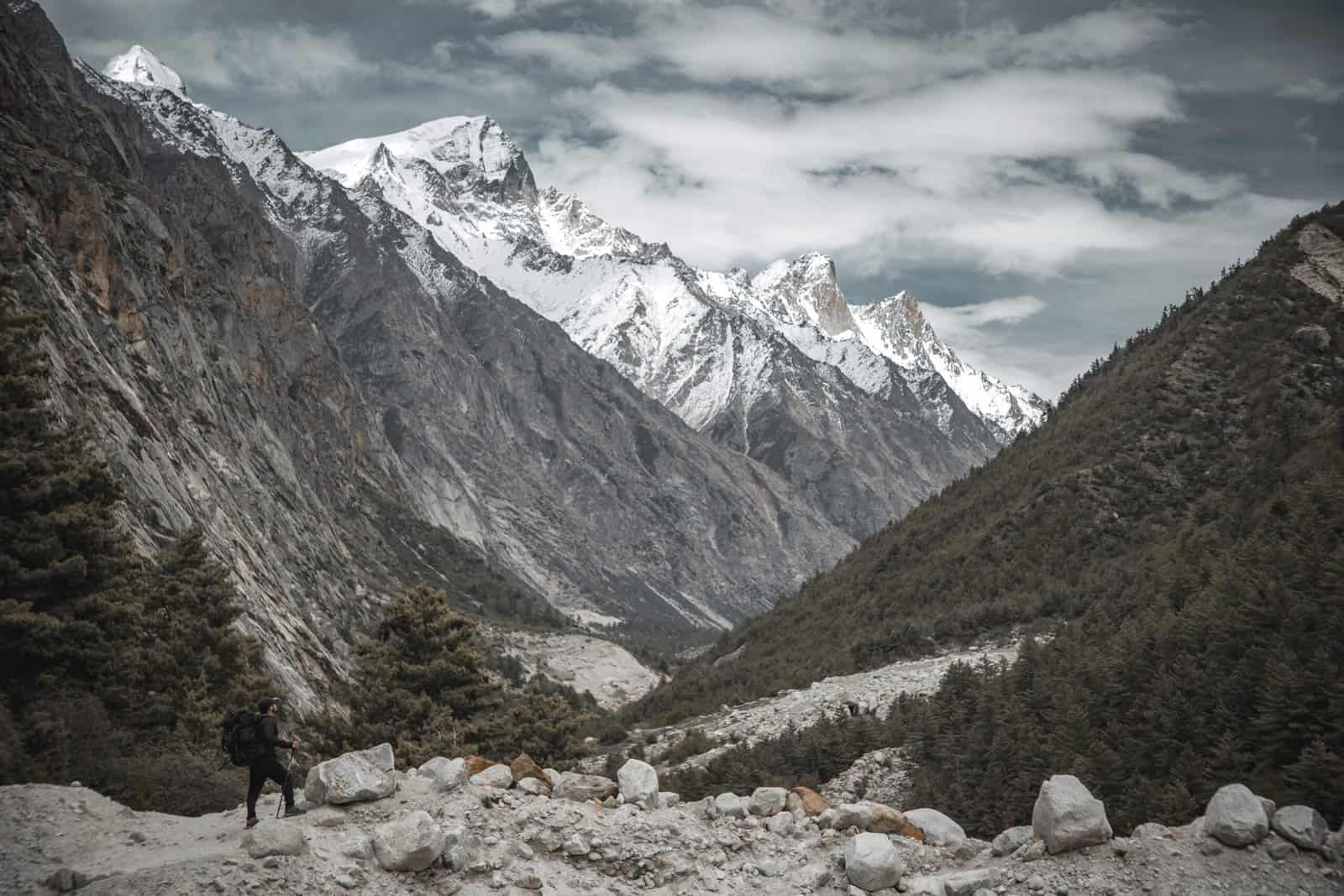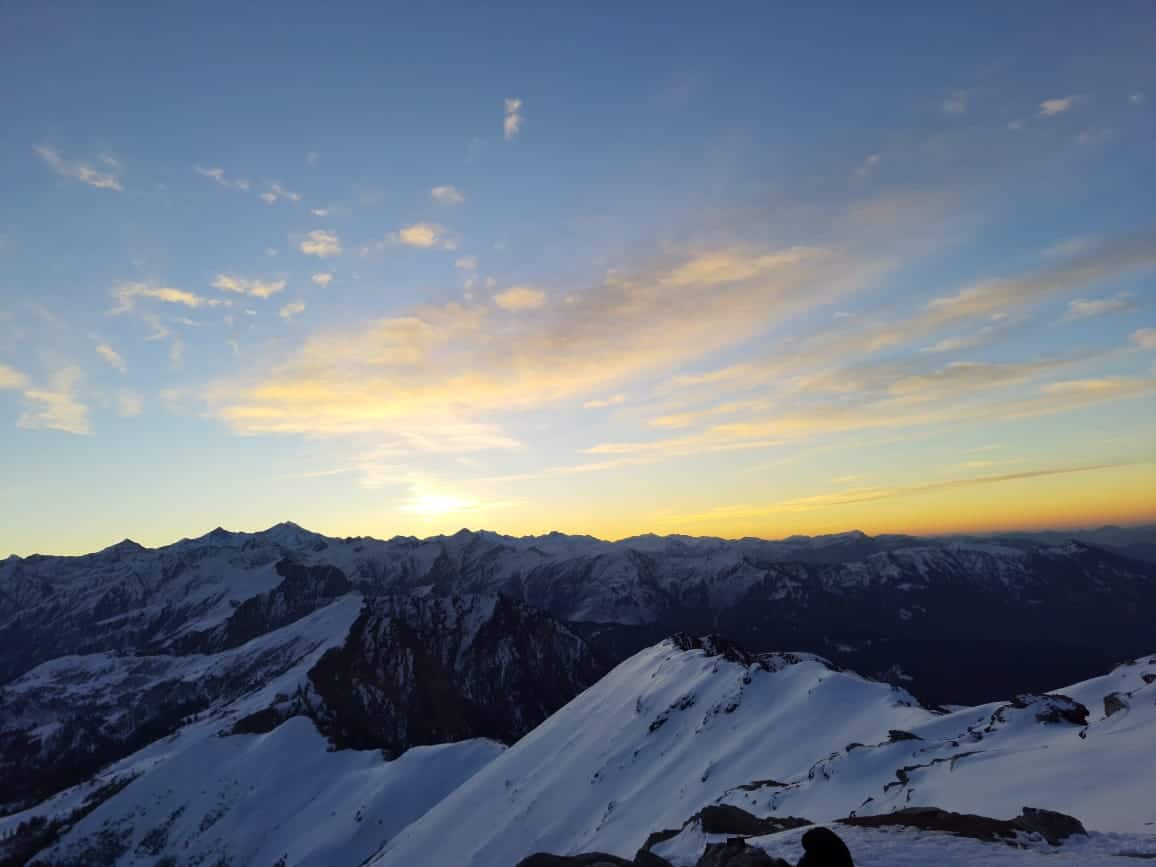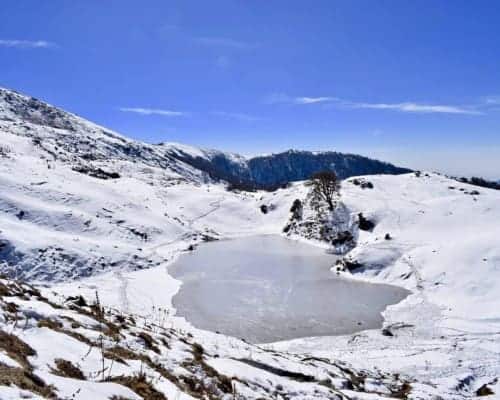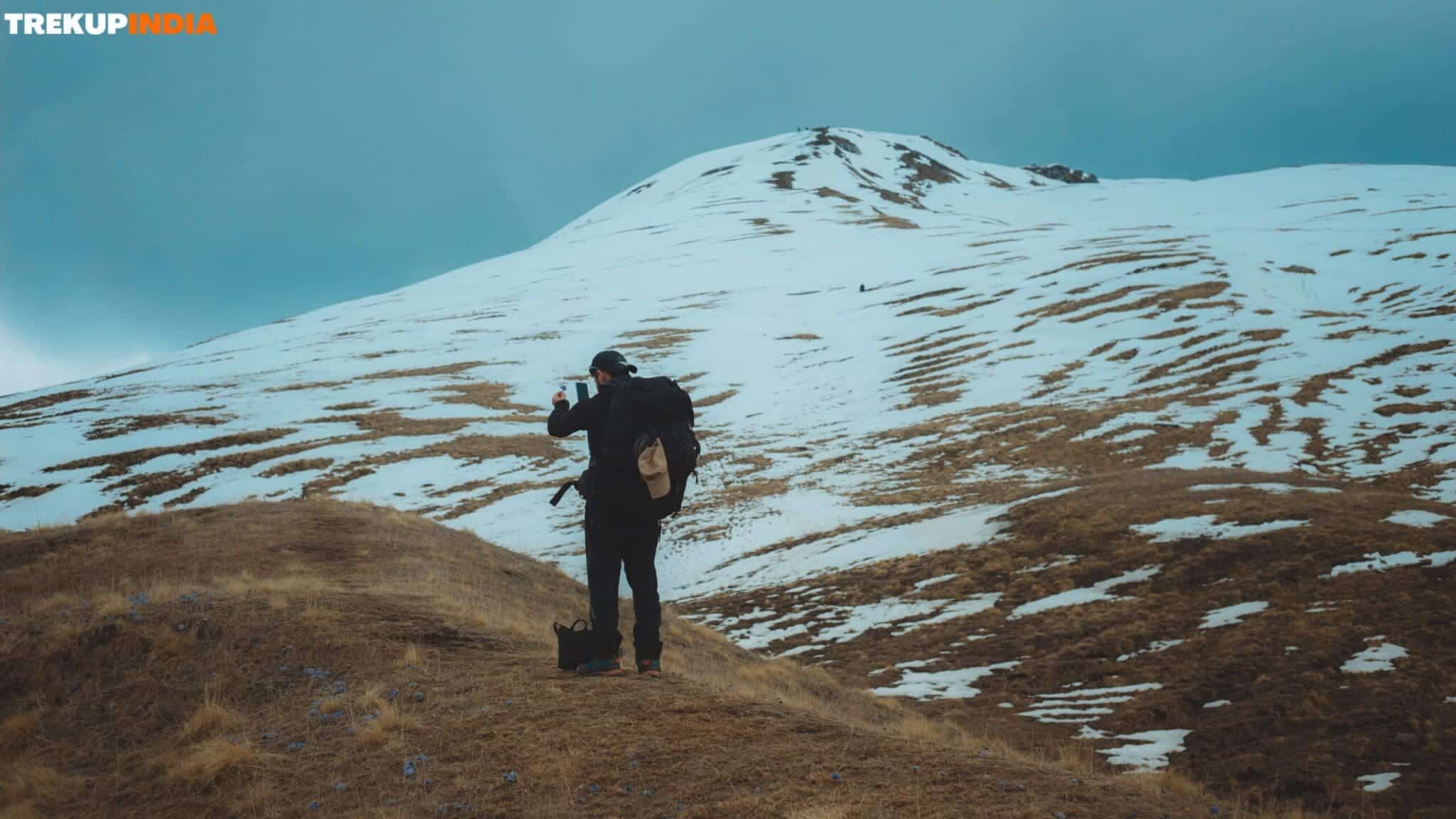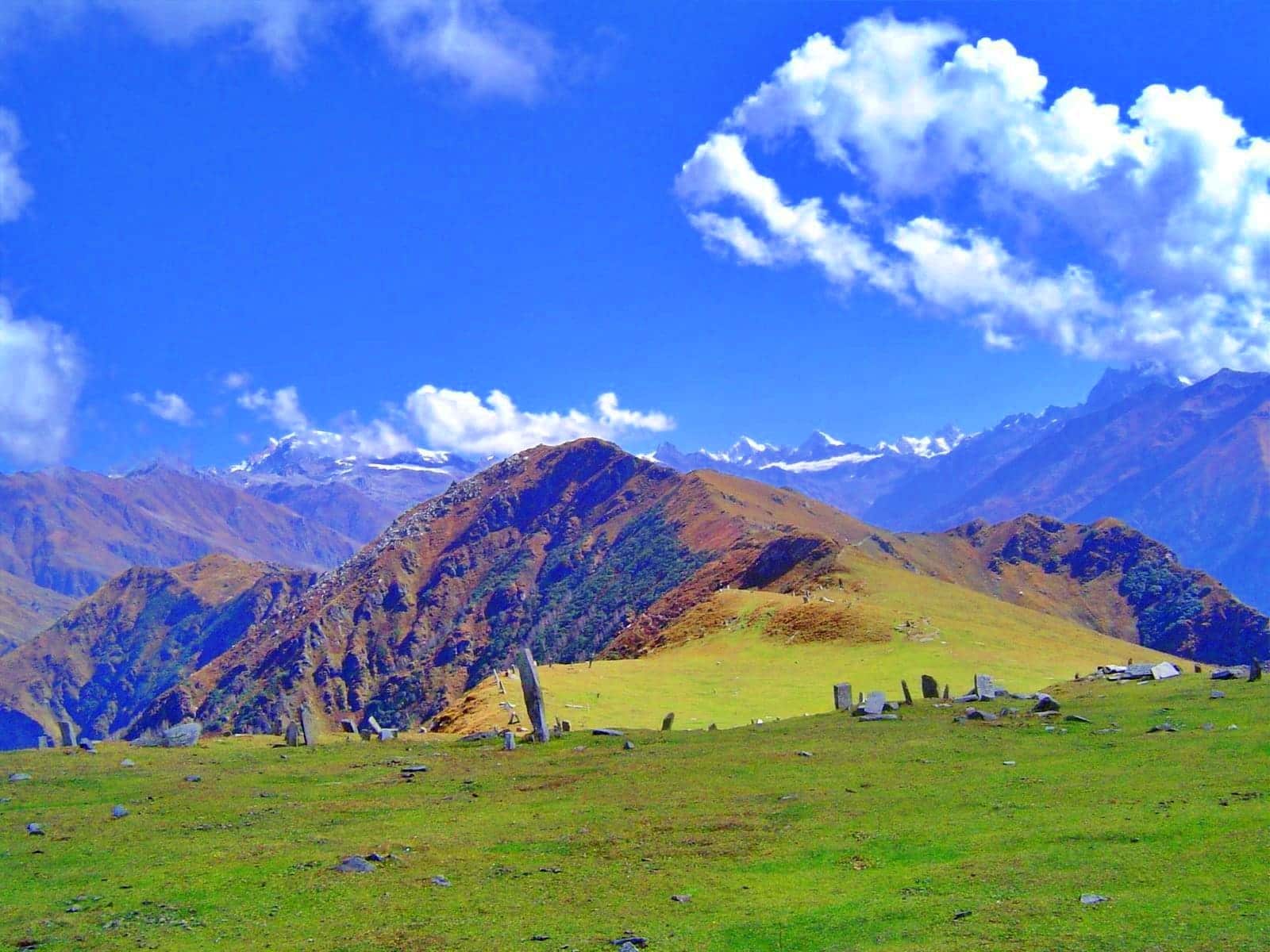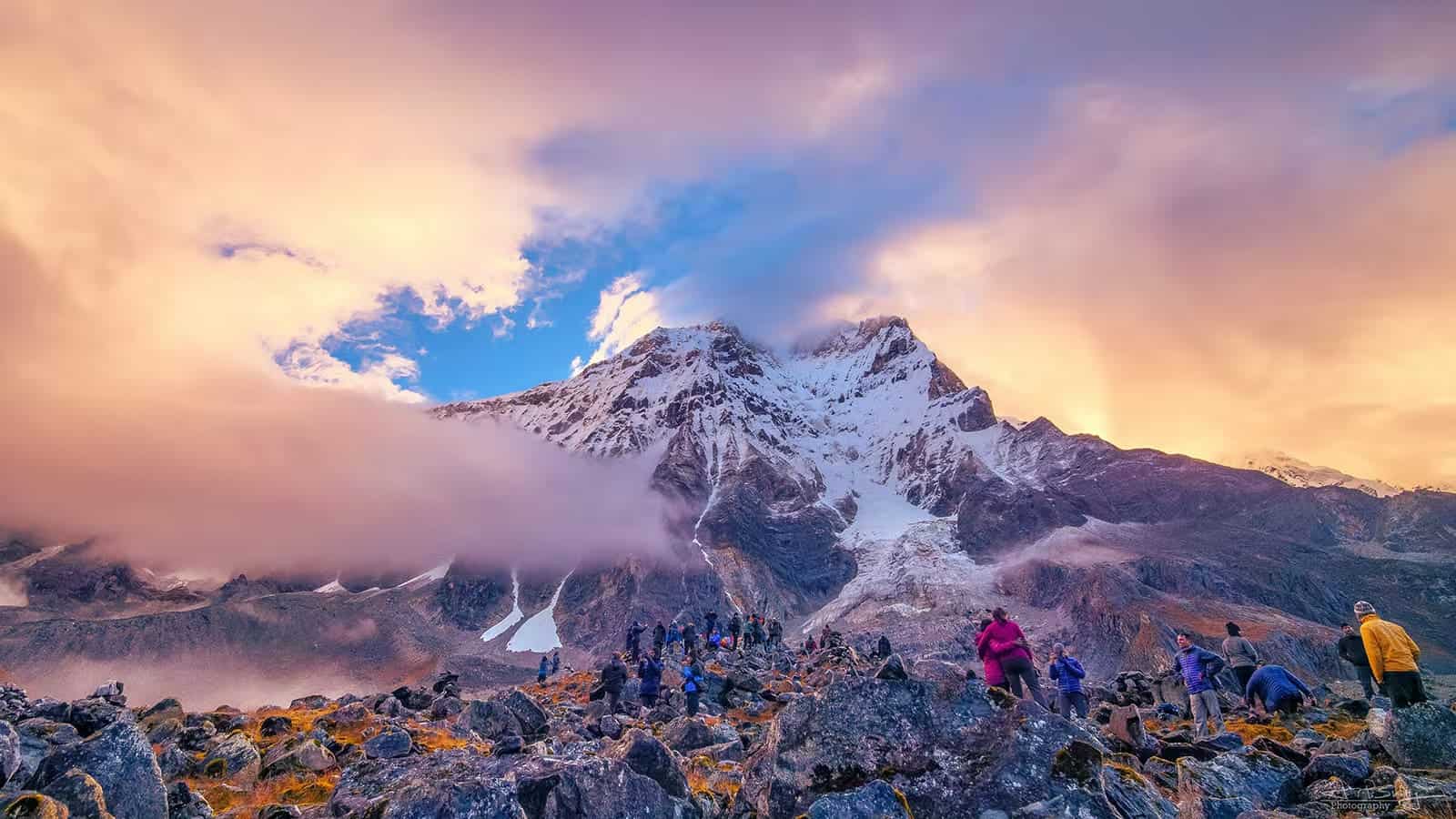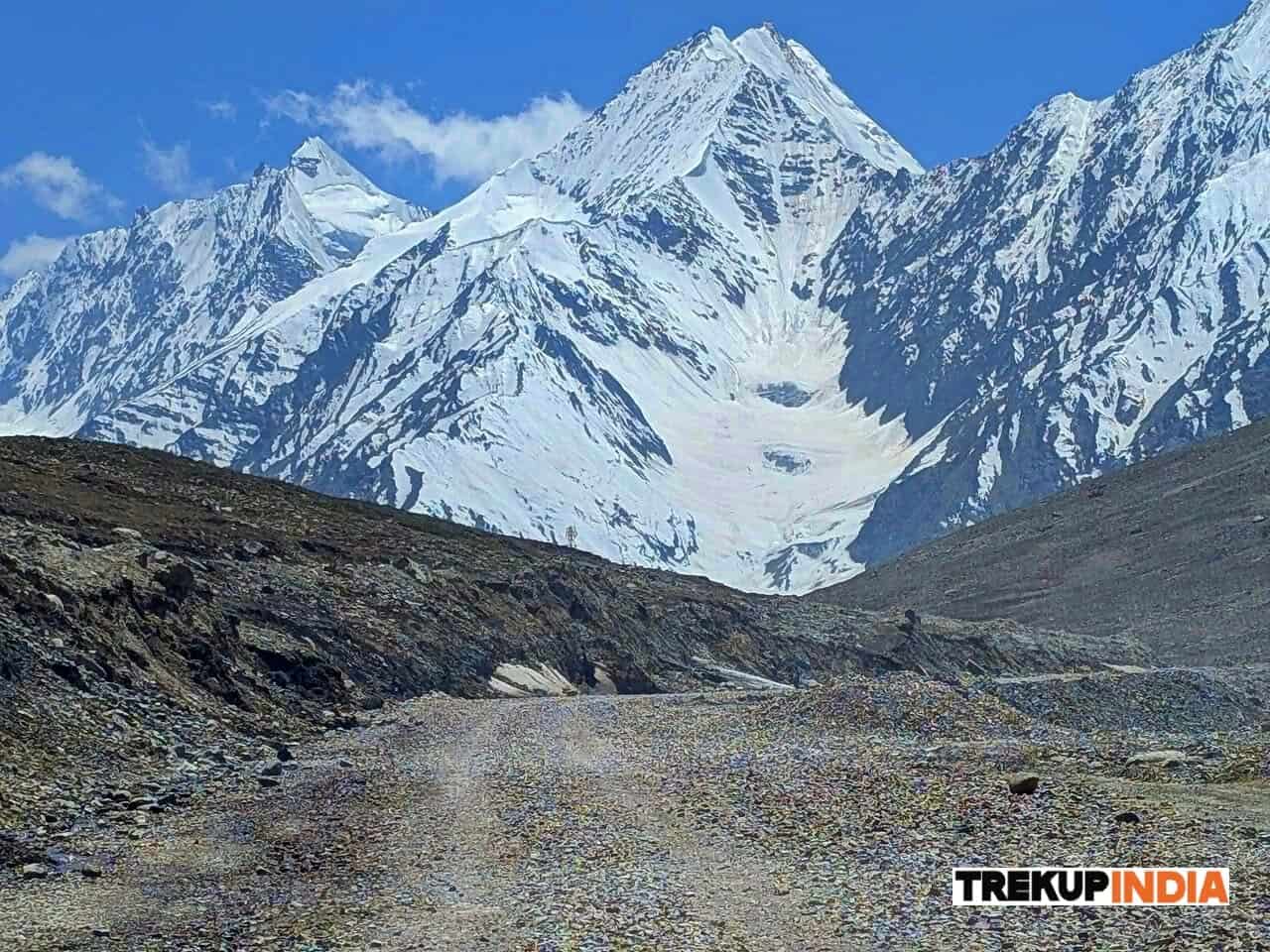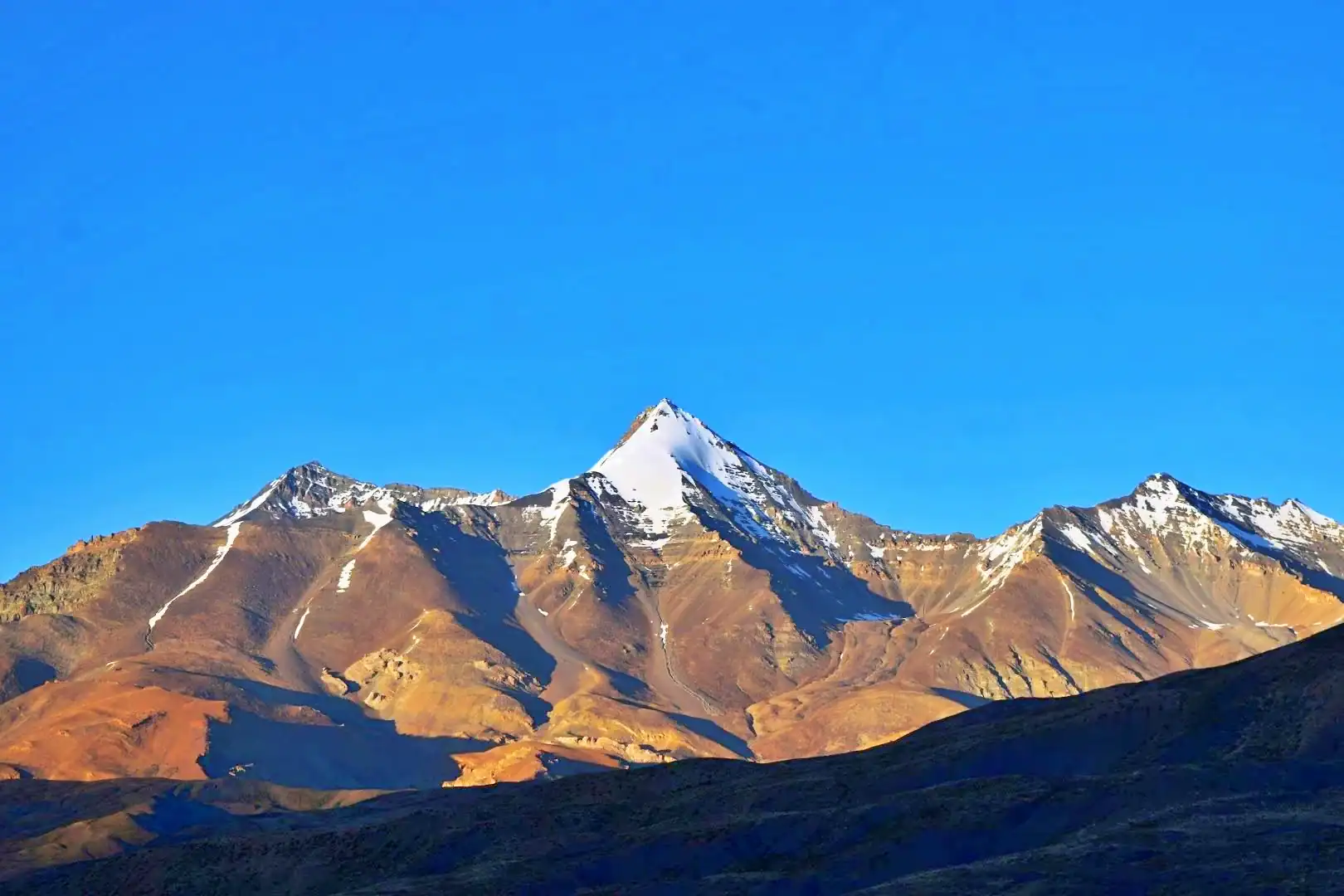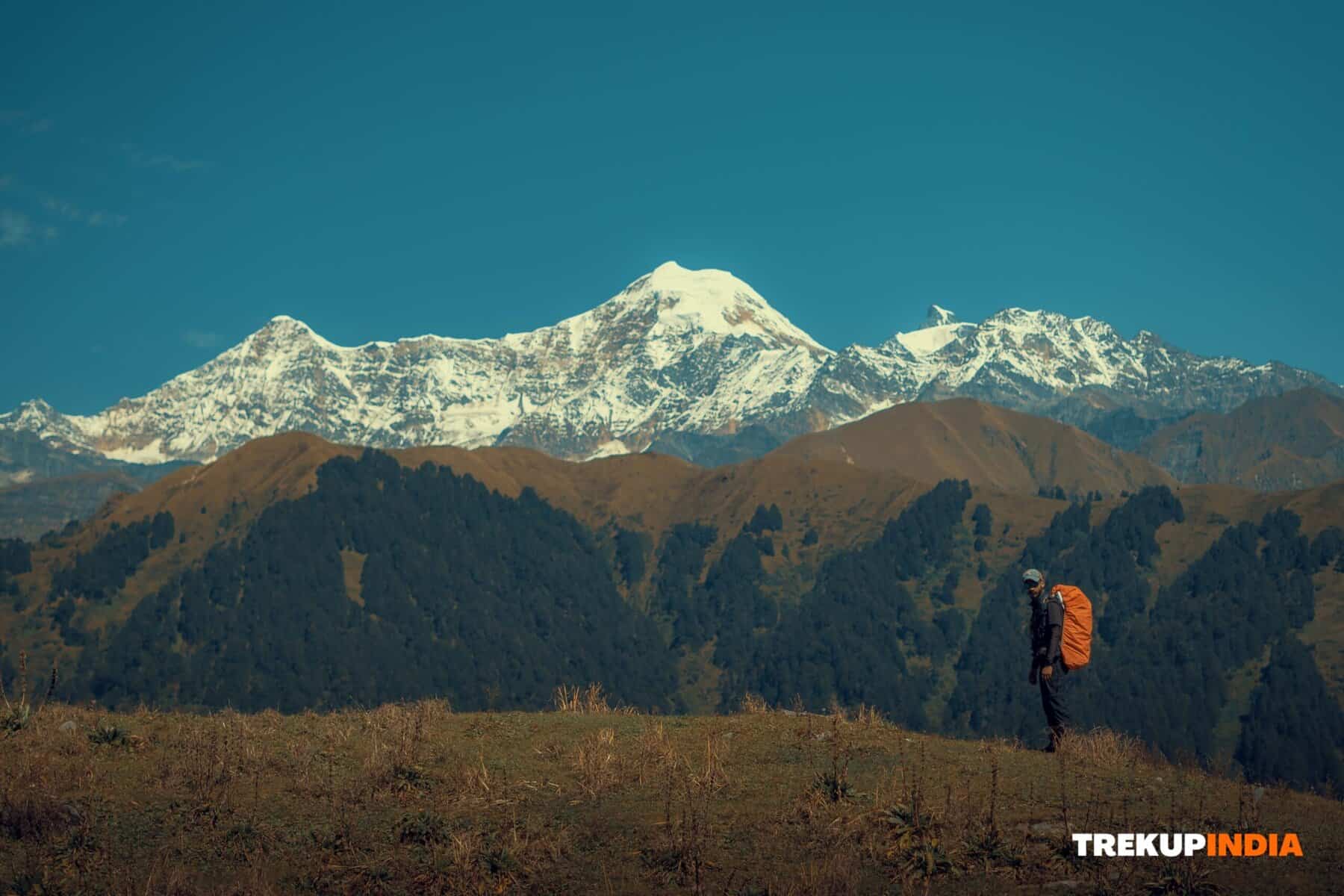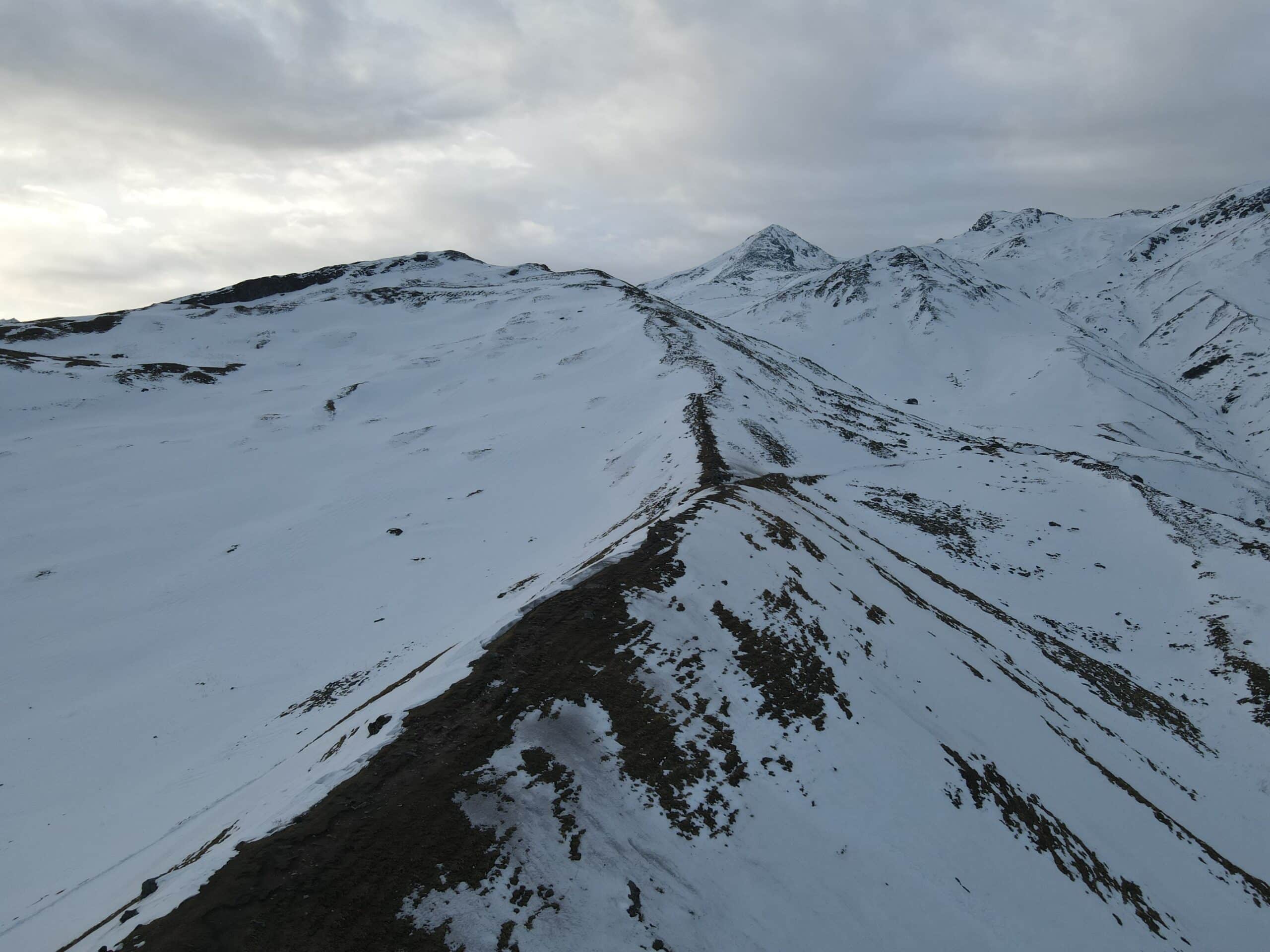Fitness Preparation Charts For Trekking Himalayan Treks
Get Trek-Ready with Our 4-Week Workout Plan
Getting fit for a trek can feel overwhelming — you might not know exactly what you need to focus on or how to prepare for the challenges ahead. That’s why we’ve created three workout guides specifically designed for trekkers like you.
Follow these routines for the next month, and with each week, you’ll feel your muscles getting stronger and more prepared for the tough climbs and descents of the Himalayas.
Keep these guides handy for quick reference during your workouts, and stay motivated as you get closer to your adventure!
Fitness Guide Chart For Easy to Moderate Lavel Treks
The chart guide below is for Easy Treks like: – Kedarkantha, Brahmatal, Chopta Chandrashillaand Kuari Pass Trek
Fitness Guide Chart For Moderate - Moderate to Difficult Level Treks
The chart guide below is for Moderate Treks like: – Har Ki Dun, Rupin Pass, Buran Ghati
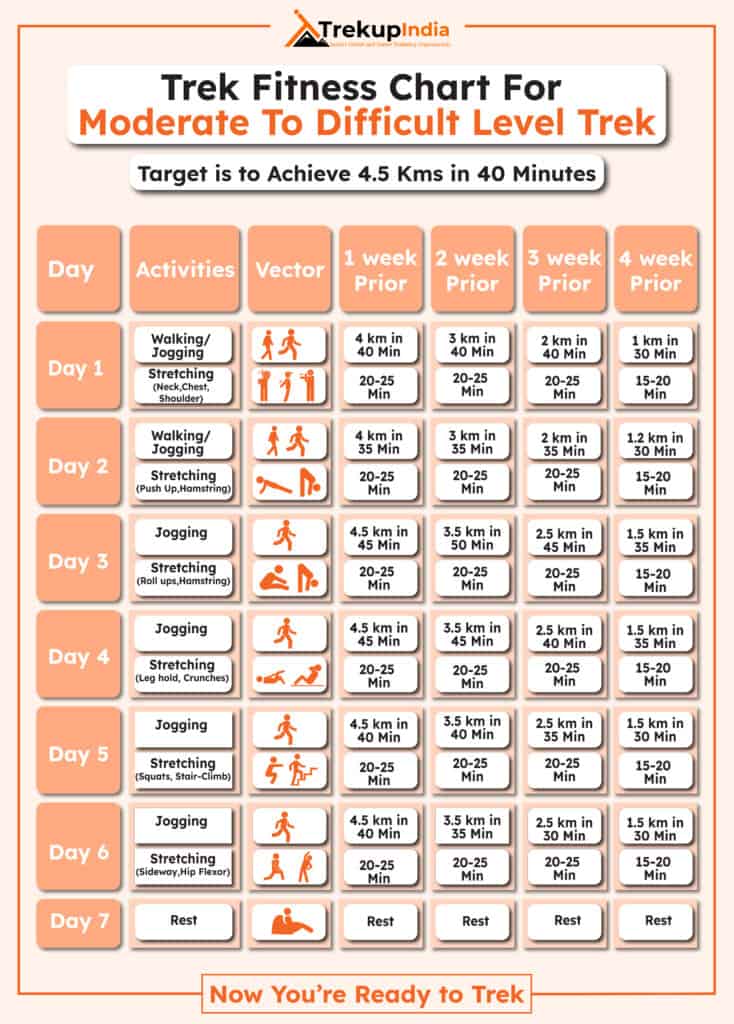
Fitness Guide Chart For Difficult Trek
The chart guide below is for Difficult Treks like: – Goechala, Warwan Valley, EBC
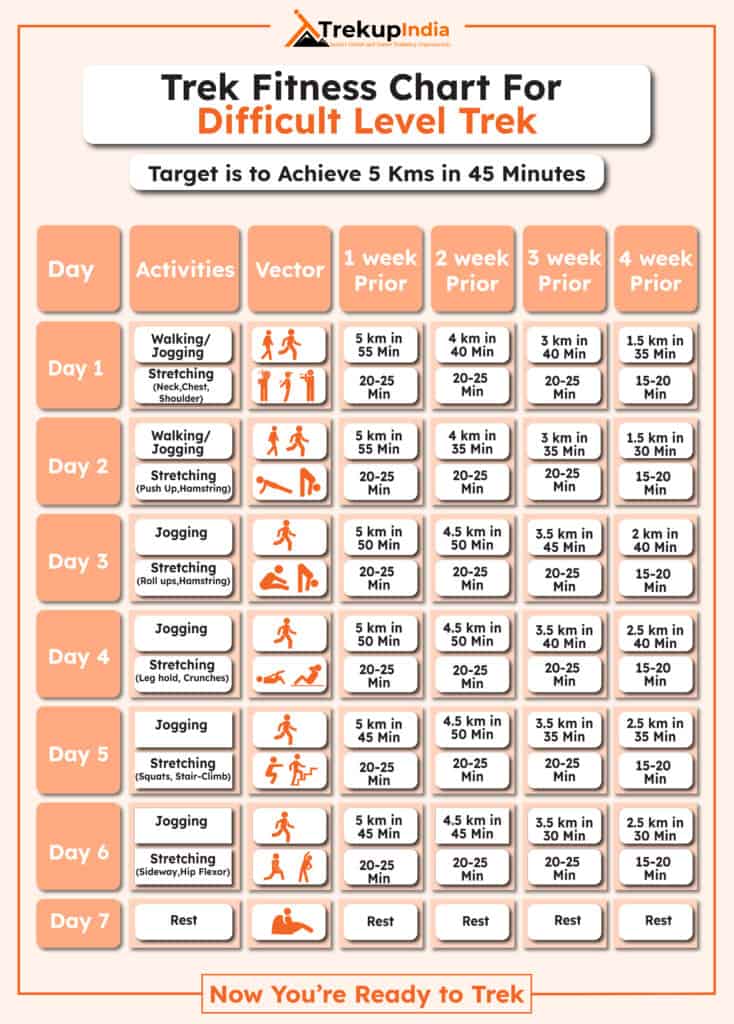
About Author

Preetam Singh Rawat (Founder)
The person behind this trekking organization is someone who’s spent over a decade – 12 years, to be exact – living and breathing the mountains. With multiple high altitude summits under his belt (we’re talking 6000 to 7000 meter peaks), he’s not just experienced – he’s the real deal.
But what really sets him apart is the sheer number of treks he has guided. He has led over 200 Himalayan expeditions, including well known routes like Bali Pass, Buran Ghati, Rupin Pass, Pin Bhabha, Stok Kangri, and Black Peak. Not just once, but multiple times. So yeah, when it comes to the Himalayas, he knows every twist in the trail and every story the mountains have to tell.
Got questions or want to get in touch? Write to Preetam at preetam@trekupindia.com. He’s always happy to chat about treks, answer your questions, or help you prepare for your next big adventure.
Share this article
Dates For Upcoming Treks
Want To Trek Like Pro?
Basically, watch these videos if you want to trek the same way professional trekkers do and make your skills better. These videos contain useful tips and techniques to further improve your trekking skills itself. These videos actually help both new and experienced trekkers improve their trekking skills. These videos definitely provide useful tips that make your trek better. We are seeing that these videos by Trekup India experts will only help you make your trekking skills better.
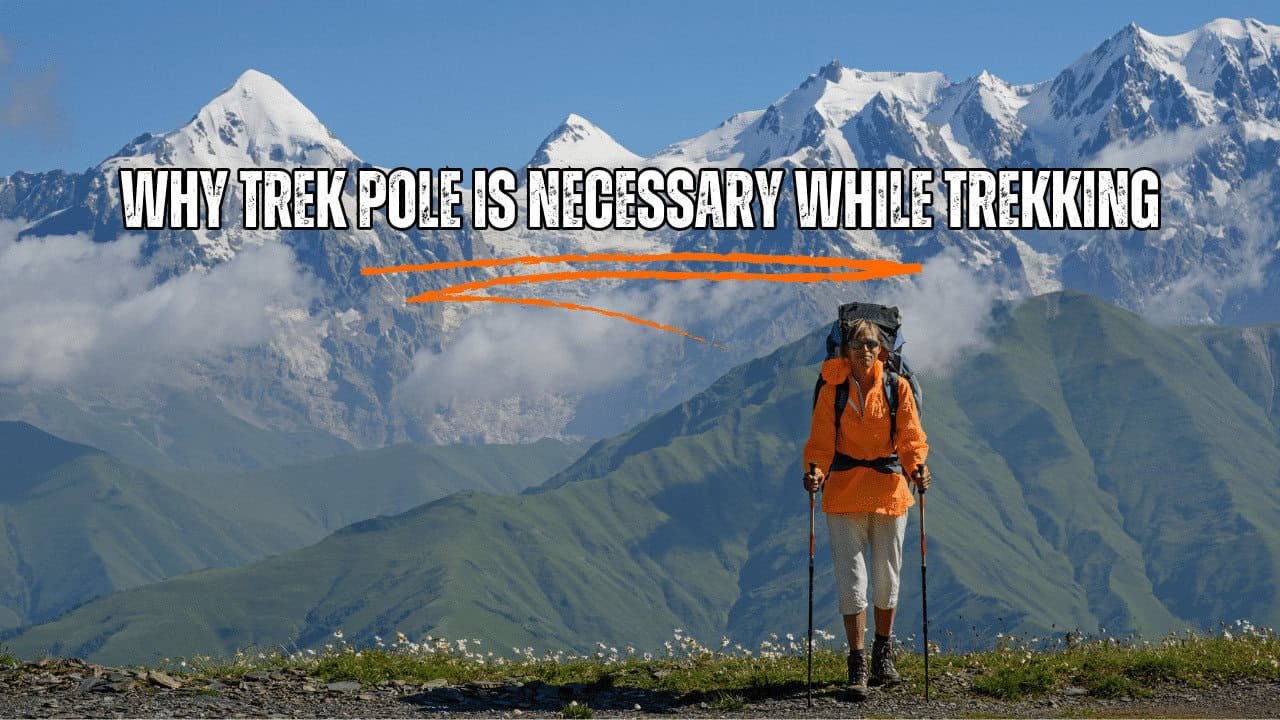






Know Everything About Acute Mountain Sickness
Acute Mountain Sickness occurs when people trek to high altitudes above 8,000 feet. This condition itself develops further due to reduced oxygen levels at such heights. Basically, as you go higher up, the air pressure and oxygen levels decrease, which causes the same problem. Acute Mountain Sickness surely causes headache, nausea, vomiting, and dizziness in affected persons. Moreover, peoples also experience difficulty in sleeping during this condition. To avoid mountain sickness, you should actually trek up slowly to higher altitudes. To learn further about this condition itself, watch the videos by Trekup India.
